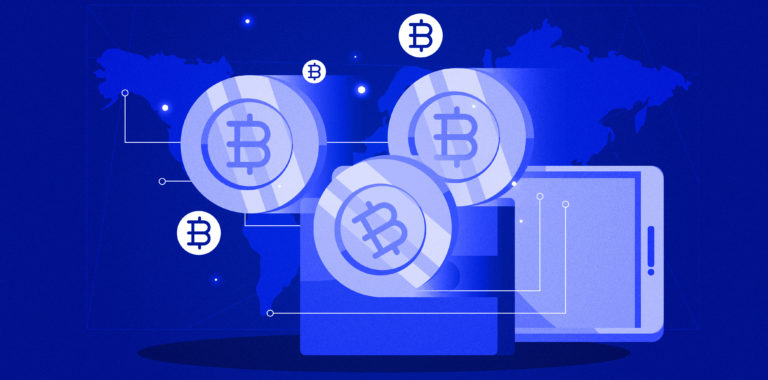Smart contracts are revolutionizing the landscape of legal agreements by leveraging blockchain technology to automate, enforce, and verify contract terms. Unlike traditional contracts that rely on intermediaries such as lawyers or courts for enforcement and validation, smart contracts are self-executing contracts where the terms are directly written into code. These contracts operate on blockchain platforms, ensuring that once conditions are met, the contract automatically executes the agreed-upon terms without the need for human intervention. This automation not only speeds up transactions but also significantly reduces the risk of errors and disputes. One of the primary benefits of smart contracts is their ability to provide transparency and trust. Because the terms and conditions of a smart contract are recorded on a public blockchain, all parties involved have access to the same information and can independently verify the contract’s execution. Additionally, the decentralized nature of blockchain technology means that smart contracts are not controlled by any single party, further enhancing their reliability and impartiality.

Another advantage of smart contracts is their cost-efficiency. Traditional legal processes often involve multiple steps, including drafting, reviewing, and executing documents, which can be time-consuming and costly. Smart contracts streamline these processes by automating them, thus reducing administrative overhead and legal fees. For instance, in real estate transactions, smart contracts can automate the transfer of property ownership and payment once predefined conditions are met, minimizing the need for intermediaries and expediting the closing process. Smart contracts also enhance security by providing a tamper-proof mechanism for executing agreements. Once deployed on a blockchain, the terms of a smart contract cannot be altered without altering the entire blockchain, which is a highly complex and nearly impossible task. This immutability ensures that the contract’s terms are adhered to precisely as agreed, without the risk of tampering or unauthorized changes. However, despite their numerous benefits, smart contracts are not without challenges. One significant issue is the potential for coding errors or bugs in the contract’s code, which can lead to unintended consequences or failures in execution.
Unlike traditional contracts, where human oversight can address ambiguities or errors, smart contracts require meticulous coding and thorough testing to ensure they function as intended. Additionally, the legal recognition and enforceability of smart contracts vary across jurisdictions, with some legal systems yet to fully embrace or adapt to this technology and browse this site latest crypto news to know more. Oracles are third-party services that provide external data to smart contracts, such as market prices or weather conditions. If an oracle provides inaccurate or fraudulent data, it can undermine the integrity of the smart contract. Despite these challenges, the potential of smart contracts to transform legal agreements is immense. Their ability to automate processes, enhance transparency, and reduce costs presents a compelling case for their adoption in various sectors, from finance and real estate to supply chain management and beyond. As the technology matures and legal frameworks evolve to accommodate smart contracts, their role in shaping the future of legal agreements is likely to grow, offering new opportunities for efficiency, security, and innovation in contractual relationships.
